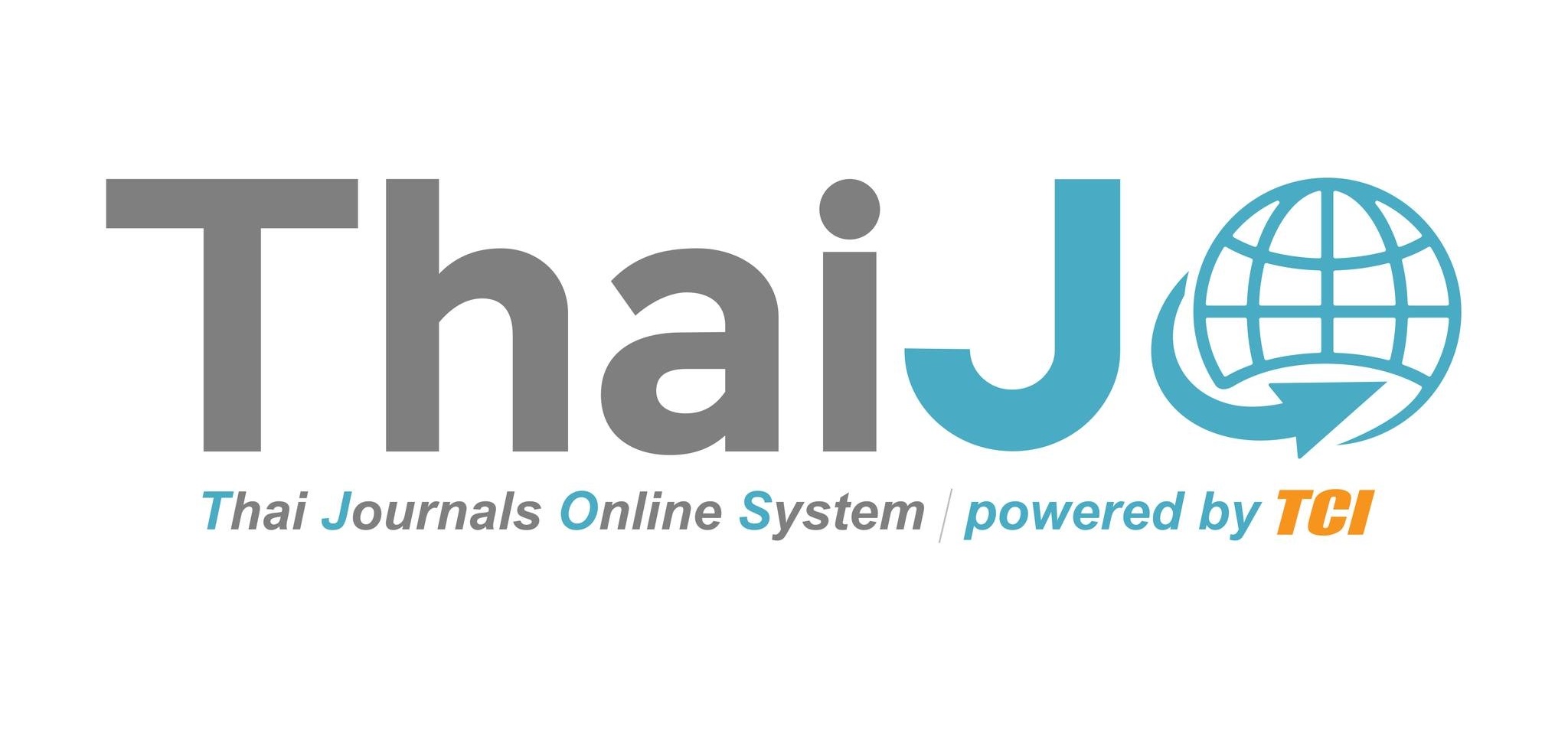Democratic Socialism: A Harmonious Path to Political Balance
DOI:
https://doi.org/10.14456/ajld.2568.6Keywords:
Middle Way, Politics, Democratic SocialismAbstract
Extreme forms of both socialism and democracy provide significant challenges, ranging from unbridled democracies that undermine individual rights to authoritarian socialism that stifles creativity. These issues are lessened by a moderate strategy, such as democratic socialism in nations like Norway and Sweden, which combines political freedom and market efficiency with social welfare and economic equality. By analyzing these core components, we may learn a great deal about how to create a more equitable society that respects democracy and promotes the well-being of all. Democratic socialism offers a well-balanced framework that integrates political democracy, social ownership, economic planning, and comprehensive welfare programs to advance a just and equitable society. Democratic socialism addresses the shortcomings of both radical democracy and socialism by ensuring political freedoms, economic justice, and essential social services in an effort to balance individual rights with the welfare of the community. This comprehensive approach aims to create a secure, hospitable community that values social justice and individual liberties.
References
Arendt, H. (1951). The Origins of Totalitarianism. Harcourt, Brace & World.
Barr, N. (2012). The economics of the welfare state. Oxford University Press.
Bireley, R. (1990). The Refashioning of Catholicism, 1450-1700: A Reassessment of the Counter Reformation. Macmillan.
Dahl, R. A. (1989). Democracy and its critics. Yale University Press.
Djilas, M. (1957). The new class: An analysis of the communist system. Praeger.
Esping-Andersen, G. (1990). The three worlds of welfare capitalism. Princeton University Press.
Giddens, A. (1998). The third way is the renewal of social democracy. Polity Press.
Habermas, J. (1996). Between facts and norms: Contributions to a discourse theory of law and democracy. MIT Press.
Hahnel, R. (2005). Economic justice and democracy: From competition to cooperation. Routledge.
Harvey, D. (2005). A brief history of neoliberalism. Oxford University Press.
Heywood, A. (2017). Political ideologies: An introduction (6th ed.). Palgrave Macmillan.
Marx, K., & Engels, F. (1848). The Communist Manifesto. London.
Norris, P. (2014). Why electoral integrity matters. Cambridge University Press.
Nove, A. (1991). The economics of feasible socialism revisited. Harper Collins.
O'Connor, J. (2019). The fiscal crisis of the state. Routledge.
Rawls, J. (1999). A theory of justice (Rev. ed.). Harvard University Press.
Said, E. W. (1993). Culture and Imperialism. Knopf.
Sartori, G. (2005). Parties and party systems: A framework for analysis. ECPR Press.
Schwartz, J. (2017). The future of democratic socialism. Routledge.
Schweickart, D. (2011). After capitalism. Rowman & Littlefield Publishers.
Stiglitz, J. E. (2015). Rewriting the rules of the American economy: An agenda for growth and shared prosperity. W.W. Norton & Company.
Tocqueville, A. de. (2003). Democracy in America (G. Bevan, Trans.). Penguin Classics. (Original work published 1835).
Wilkinson, R., & Pickett, K. (2010). The spirit level: Why equality is better for everyone. Penguin Books.
Wright, E. O. (2010). Envisioning real utopias. Verso.
Downloads
Published
How to Cite
Issue
Section
Categories
License
Copyright (c) 2025 Academic Journal of Local Development

This work is licensed under a Creative Commons Attribution-NonCommercial-NoDerivatives 4.0 International License.












